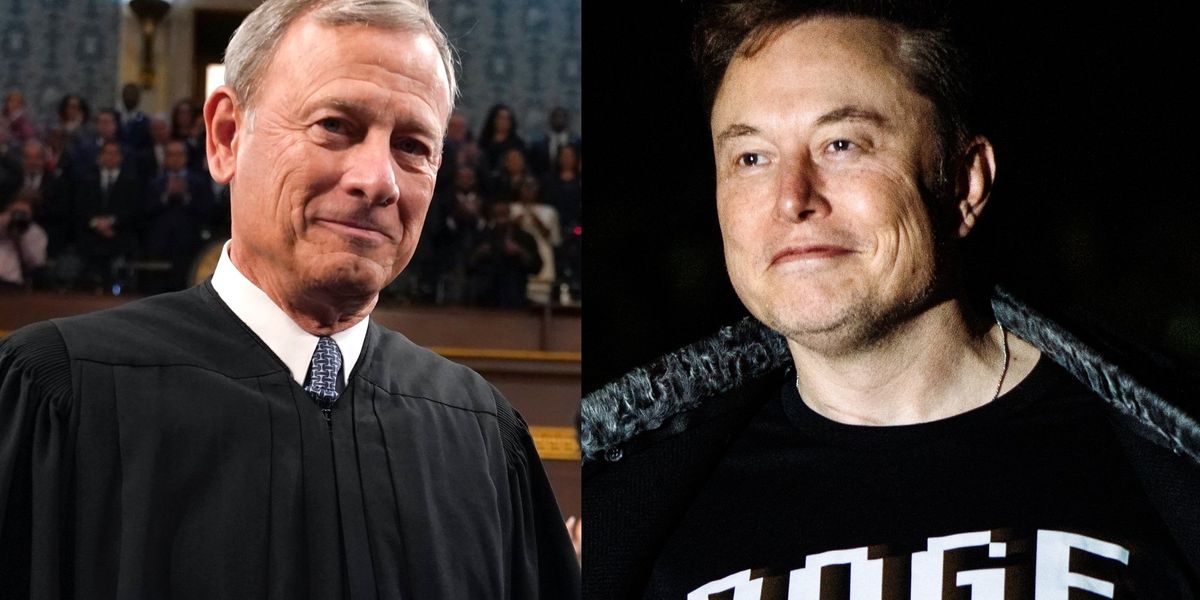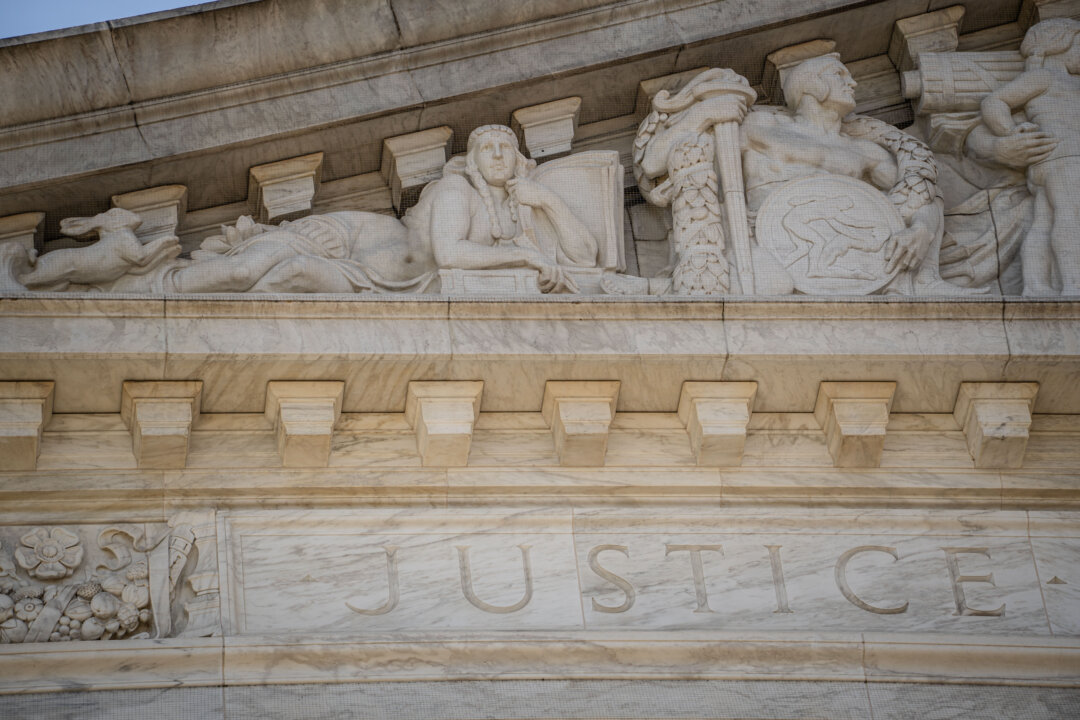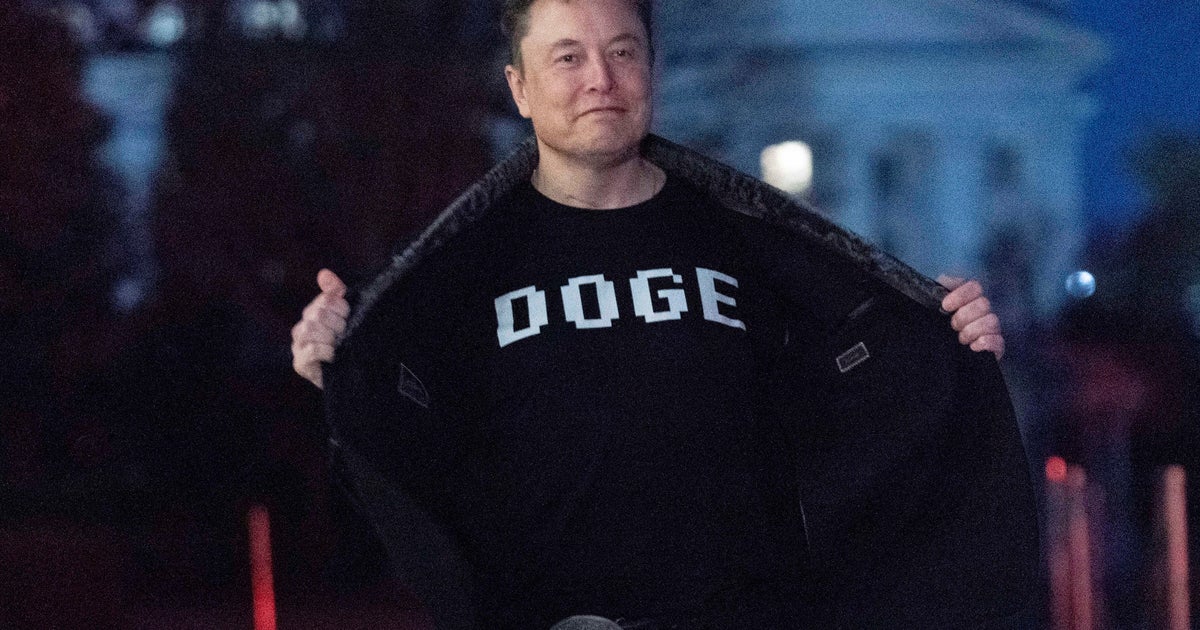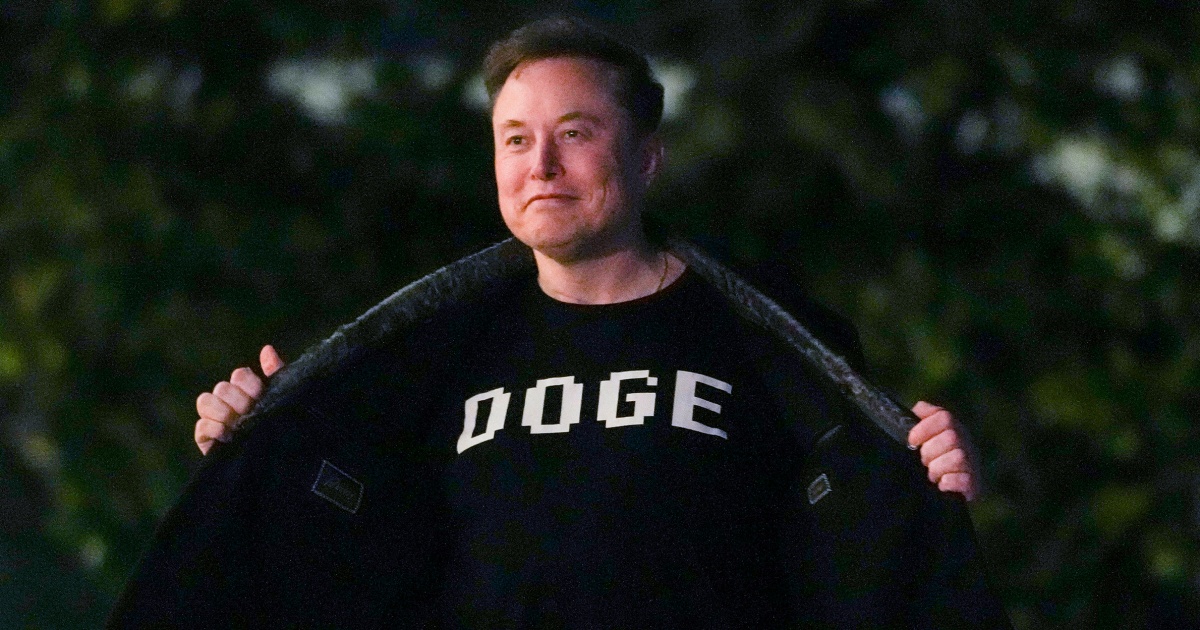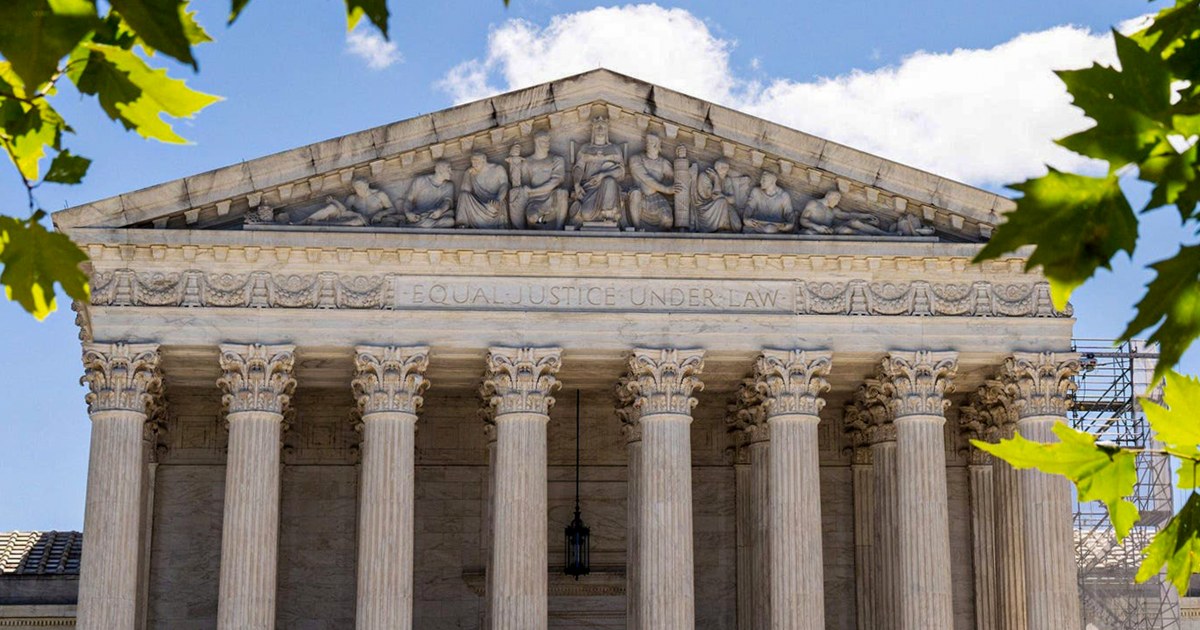Supreme Court Pauses Disclosure Orders for Elon Musk's Department of Government Efficiency
Chief Justice Roberts temporarily halts orders requiring DOGE to disclose information amid ongoing legal disputes over its status as a federal agency.
Subscribe to unlock this story
We really don't like cutting you off, but you've reached your monthly limit. At just $5/month, subscriptions are how we keep this project going. Start your free 7-day trial today!
Get StartedHave an account? Sign in
Overview
Chief Justice John Roberts has temporarily paused lower court orders mandating the Department of Government Efficiency (DOGE) to disclose information to a watchdog group. The case, stemming from a Freedom of Information Act request by Citizens for Responsibility and Ethics in Washington (CREW), questions whether DOGE is a federal agency subject to transparency laws. The Trump administration argues DOGE is merely an advisory body, exempt from such requirements. The Supreme Court's stay allows for further consideration of the legal implications surrounding DOGE's authority and transparency.
Report issue

Read both sides in 5 minutes each day
Analysis
- The articles discuss a legal dispute involving the Trump administration and the Department of Government Efficiency.
- They highlight contrasting views on agency transparency and compliance with public records law.
- The tone remains neutral, focusing on facts and legal implications without strong opinions.
Articles (8)
Center (4)
FAQ
The Department of Government Efficiency (DOGE) was established by an executive order to implement the President's DOGE Agenda, which aims to modernize federal technology and software to maximize governmental efficiency and productivity.
The Supreme Court's Chief Justice John Roberts temporarily halted the disclosure orders amid ongoing legal disputes over whether DOGE qualifies as a federal agency subject to transparency laws such as the Freedom of Information Act.
The Trump administration argues that DOGE is merely an advisory body exempt from transparency requirements, while lower courts have found that DOGE likely qualifies as a federal agency wielding substantial authority independently of the President, thus subject to Freedom of Information Act requirements.
The legal dispute determines whether DOGE must comply with transparency laws like FOIA, which affects its accountability and the public's ability to access information about its activities and government spending related to its efficiency agenda.
DOGE's main initiatives include modernizing federal technology and software, overseeing federal spending for cost efficiency, and ensuring government spending is transparent and accountable to the public, with a workforce optimization focus and a temporary organizational structure lasting until July 4, 2026.
The court looks at whether the entity wields substantial authority independently of the President; if its sole function is to advise and assist the President, it is not considered an agency. The court found DOGE likely has independent substantial authority, qualifying it as a federal agency subject to FOIA.
History
- This story does not have any previous versions.
